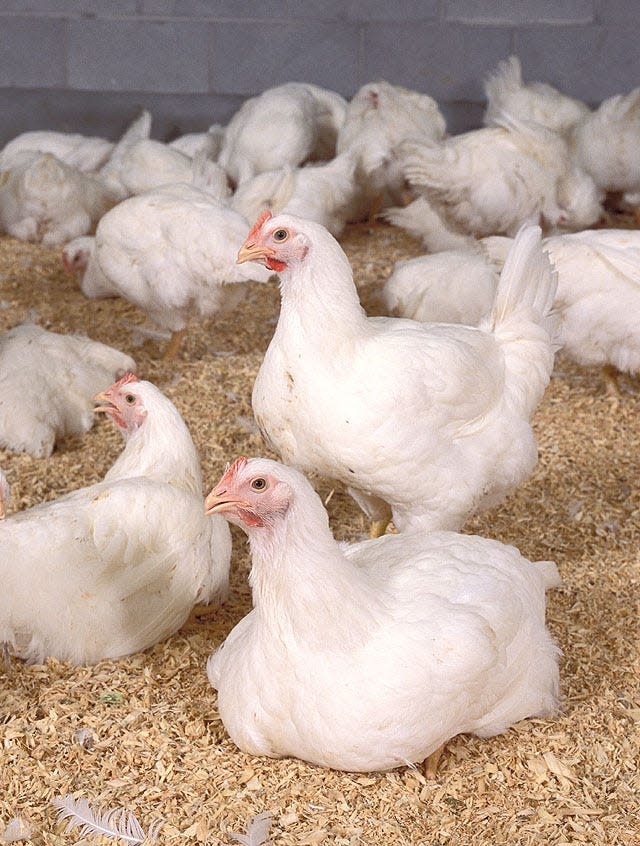Recent national outbreak of avian flu causes egg and poultry prices to soar

It used to be that whenever you were on a tight budget eggs were a cheap and nutritious alternative. But due to a national outbreak of avian influenza, otherwise known as bird flu, the prices of eggs have almost doubled in the past year.
According to the Center for Disease Control, avian (bird) flu is caused by influenza viruses that occur naturally among birds. The highly contagious H5N1 variant is deadly to domestic fowl such as chickens and can sometimes be transmitted from birds to people, although it is considered low risk to humans.
Want to know more about what is happening in Davidson County? Support local journalism, subscribe to The Dispatch.
The disease is not transmitted to humans through cooked food. The CDC states that like any poultry or eggs, proper handling and heating food to an internal temperature of 165˚F kills any bacteria and viruses present including the Highly Pathogenic Avian Influenza (HPAI) virus.
The problem is the only way to stop its spread of HPAI among flocks is to kill the infected birds. A number of farmers have been culling their poultry flocks in efforts to curtail the spread of virus
When it’s found in a commercial poultry flock, federal rules require the birds to be killed to try to prevent the spread the virus. Around 17 million birds in the U.S. have already lost their lives as the result of the virus as well as control measures, according to the CDC.
Because of this, egg and poultry prices have risen sharply in the past months.
The average weekly price of large eggs is up 44% compared to last year, according to the USDA. The current price per dozen was between $1.00 and $1.99 in 34 states in March. In Alaska, California, Hawaii, Louisiana, and Vermont, the price of one dozen eggs equaled or exceeded $2.The average USDA benchmark price for eggs in 2021 was 84.3 cents per dozen.
More: Officials advise vigilance in the midst of rabies scare
In fact, just about everything poultry-related seems to be rising in price. Wholesale chicken breast prices are at $2.70 a pound, their highest level since at least 2000. These rises in prices aren’t all due to the avian flu, mostly it is due to an increase in fuel prices and inflation.
This recent outbreak of avian flu has already become the worst outbreak in the U.S. since 2015.
The bird flu outbreak that peaked in the spring of 2015 was "the largest poultry health disaster in U.S. history," said the USDA. That outbreak mostly ended in June but because of the lingering effect on the supply chain, it wasn't until several more months later that some poultry prices began to normalize.
Although avian flu is mostly impacting commercial producers, it is also something urban and backyard poultry owners should monitor. Just as with larger farmers, an outbreak can be catastrophic to any bird who comes into contact with the virus.
According to the USDA, to prevent an outbreak, residents who own chicken should:
Separate your flock from disease sources including wildlife and wild birds.
Keep your poultry area and equipment clean.
Separate new or returning birds from your flock for at least 30 days.
Don’t share equipment between neighbors.
General news reporter Sharon Myers can be reached at sharon.myers@the-dispatch.com. Follow her on Twitter @LexDispatchSM.
This article originally appeared on The Dispatch: Recent national outbreak of avian flu causes increase in price of eggs

